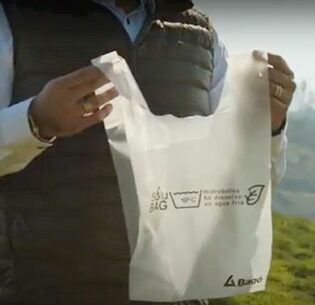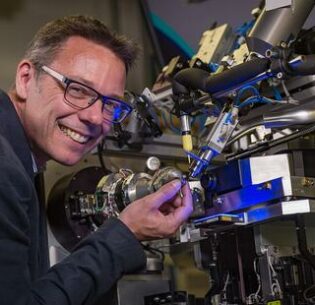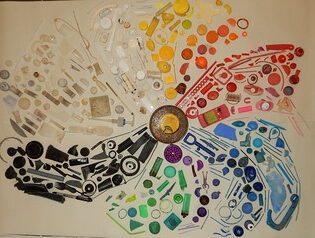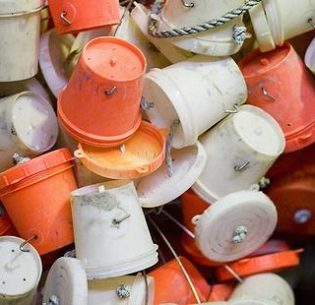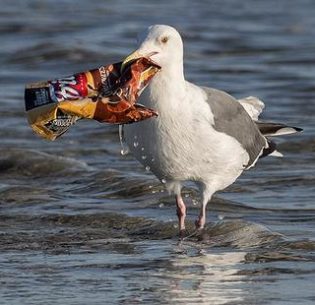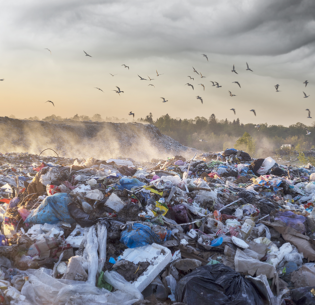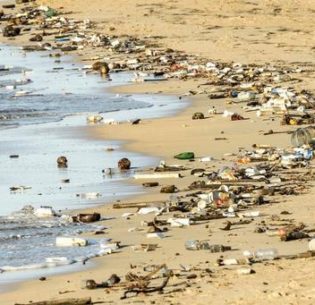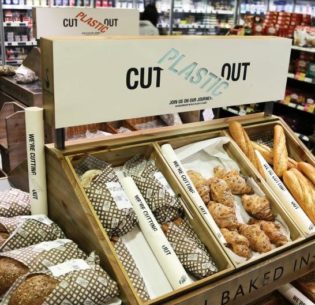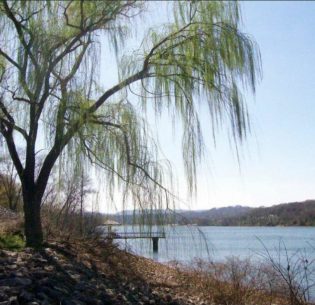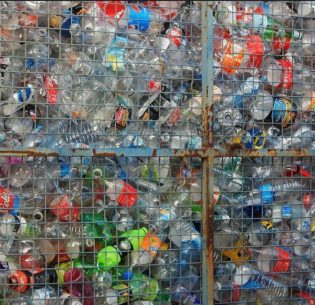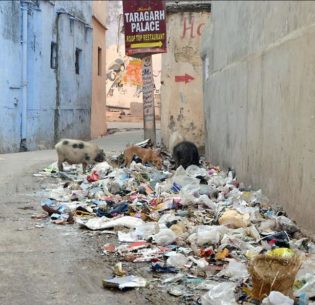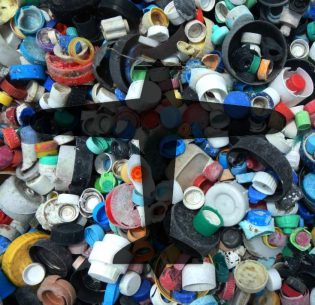RICHLAND, Washington, February 25, 2023 (Maximpact.com Sustainability News) – Petroleum-based plastic waste is an untapped resource that can serve as the starting material for useful durable materials and for fuels. But looking at a mountain of plastic waste and seeing its value “requires an innovator’s mindset, a chemist’s ingenuity, and a realist’s understanding of the economics involved,” says an international team of scientists in describing their new research.
+Read More